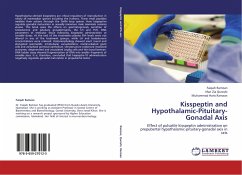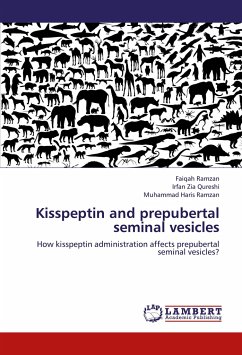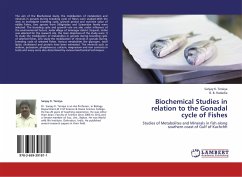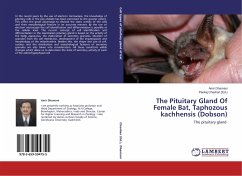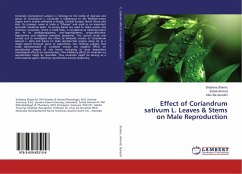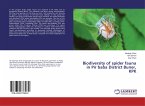Hypothalamus-derived kisspeptins are critical regulators of reproduction in nearly all mammalian species including the humans. These small peptides mediate their actions through the GnRH loop system. How kisspeptins regulate gonadal maturation in sexually immature male mammals remains elusive. This book asses the effects on spermatogenesis, secretion of testosterone and pituitary gonadotropins, the LH and FSH, DNA parameters of testicular tissue following kisspeptin adminstration at variable doses. At the end of the treatments plasma FSH levels were not altered in any of the treatment groups, while LH and testosterone concentrations were reduced. Histomorphology showed scant round and elongated spermatids, intratubular vacuolizations, multinucleated giant cells and atrophied germinal epithelium. Ultrastructure evidenced involuted acrosome, degenerated and vacuolated Leydig cells and thin basal laminae. DNA ladder assay showed fragmentation of DNA into smaller fragments of variable sizes. It is, therefore, concluded that kisspeptin-10 administration negatively regulates gonadal maturation in prepubertal testes.
Bitte wählen Sie Ihr Anliegen aus.
Rechnungen
Retourenschein anfordern
Bestellstatus
Storno

